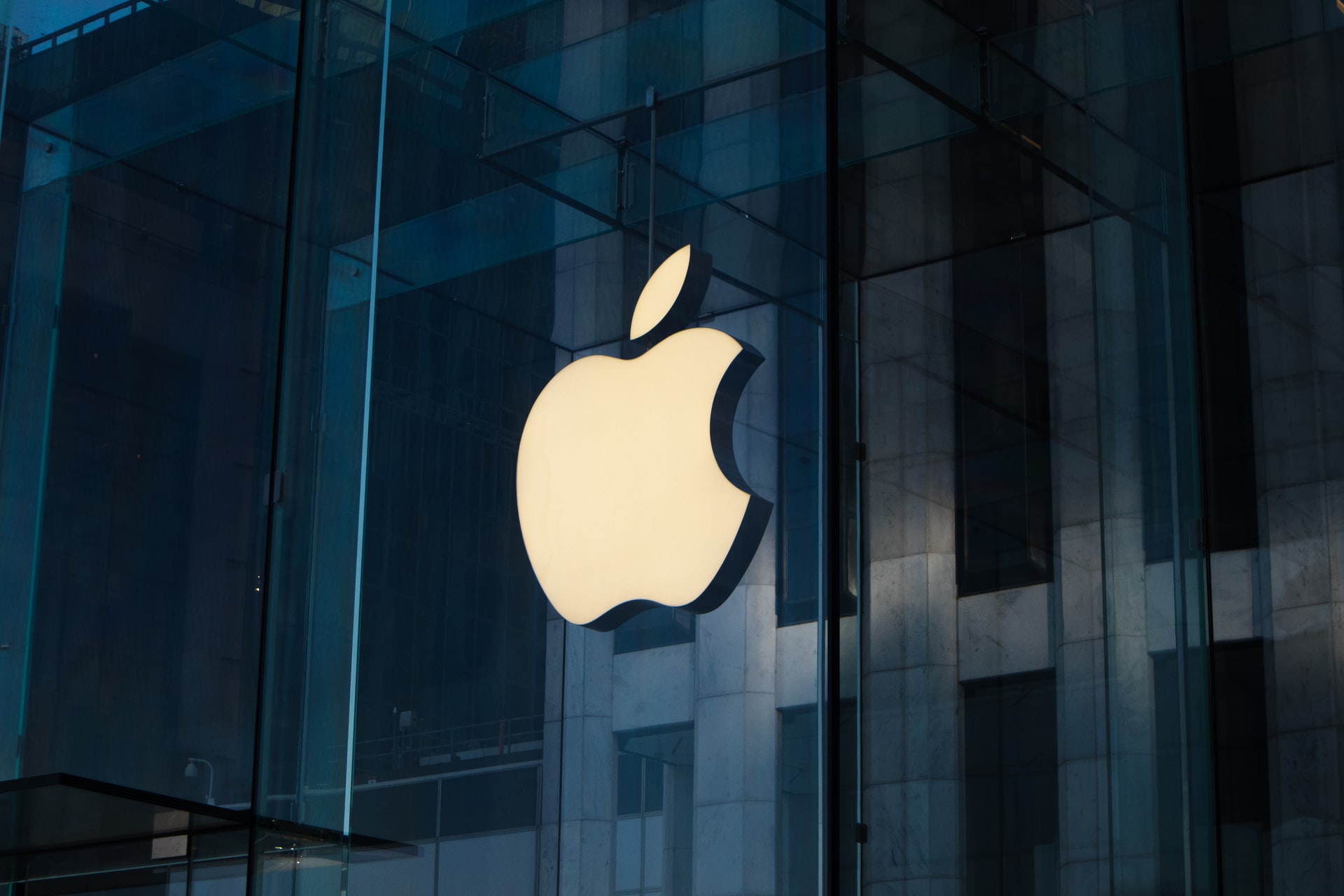Why Apple freezes Ymtc’s Chinese chip deal

After the latest American restrictions on the export of technology to China, Apple has paused plans to use Ymtc's Chinese chips (cheap because they are subsidized by the government) on iPhones. All the details
Apple has suspended plans to use memory chips produced by the Chinese company Yangtze Memory Technologies (YMTC) in its electronic devices: several sources revealed to the Japanese newspaper Nikkei Asia .
THE RESTRICTIONS OF THE AMERICAN GOVERNMENT
The decision appears to be the consequence of the latest export control rules issued by the United States to limit sales to China of advanced American microchips and related technologies. Washington's goal is to undermine Beijing's technology and digital industry – which depends on semiconductor imports, given the backwardness of domestic manufacturers – by preventing it from accessing sophisticated components and machinery.
CHARACTERISTICS (AND COST) OF YMTC CHIPS
By the time the US government announced the new restrictions, Apple had already completed the lengthy process of certifying YMTC 's 128-layer 3D NAND flash memory for use in iPhones. A NAND flash memory is a solid-state memory component found in electronic devices such as smartphones and laptops.
YMTC's 128-layer chips are the most advanced ever developed by a Chinese manufacturer, but they remain a generation or two behind those of major industry companies such as South Korea's Samsung and US Micron.
The advantage of YTMC semiconductors is their cheapness, also the result of subsidies guaranteed by the Chinese government: compared to those of competing companies, they cost about 20 percent less.
THE PLANS OF APPLE
Apple had planned to start using them this year; the criticisms received from American political decision-makers – the company is based in California, in the United States -, and above all the geopolitical tensions on the semiconductor supply chain, however, led her to change her mind.
A source told Nikkei Asia that "the products [YTMC chips, ed ] were verified, but did not enter the production lines when mass production of the new iPhone began."
YMTC's chips were intended – at least initially – for iPhones sold in China. But it seems that Apple was considering buying 40 percent of all NAND flash memory to be installed in iPhones from YMTC, regardless of the sales market. "YMTC is subsidized by the government," a source told Nikkei Asia , "so it can outperform competitors' prices."
To date, YMTC's chips have never been used in an Apple product.
THE BLACK LISTS
On 7 October, the US government added YMTC to the so-called Unverified List , a sort of "black list" that collects all those companies whose end users Washington cannot identify. The Commerce Department wants to prevent the Chinese military from acquiring US technologies that can be used for military purposes.
In general, however, the inclusion of a company in the Unverified List does not imply restrictions on the purchase of its components. American companies, however, are prohibited from sharing technologies, projects or sensitive documents with the subjects on the list, unless they have a specific license.
A Commerce Department source told Nikkei Asia that companies on the Unverified List are "likely" to be placed on the Entity List if they do not provide US authorities with information about their users within a certain period (sixty days, usually). The Entity List is, simplifying, the "official" black list for export controls: it consists of a list of foreign subjects – such as companies, in fact, or research organizations – considered dangerous for American national security and therefore subject to restrictions of a commercial nature.
RESTRICTIONS ON YMTC CHIPS
128-layer memory chips fall under the latest US government restrictive rules. YMTC, therefore, may no longer be able to access the technologies to produce semiconductors of quality and in quantities sufficient to meet Apple's needs.
The supply agreement with Apple – the contacts were initiated in 2018 – was celebrated as a great victory for YMTC and for the entire Chinese semiconductor industry, because it would demonstrate the ability of local companies to "stay on the market" and to guaranteeing quality products.
Since 2020 – after Washington's “tech war” against the Chinese tech company Huawei – YMTC has begun a path to reduce dependence on American machinery for the production of chips. Replacement, however, proved difficult as the US dominates the chipmaking equipment market; without them, YMTC may not be able to upgrade its manufacturing capabilities as it would like.
This is a machine translation from Italian language of a post published on Start Magazine at the URL https://www.startmag.it/innovazione/apple-ymtc-chip/ on Tue, 18 Oct 2022 09:32:30 +0000.
